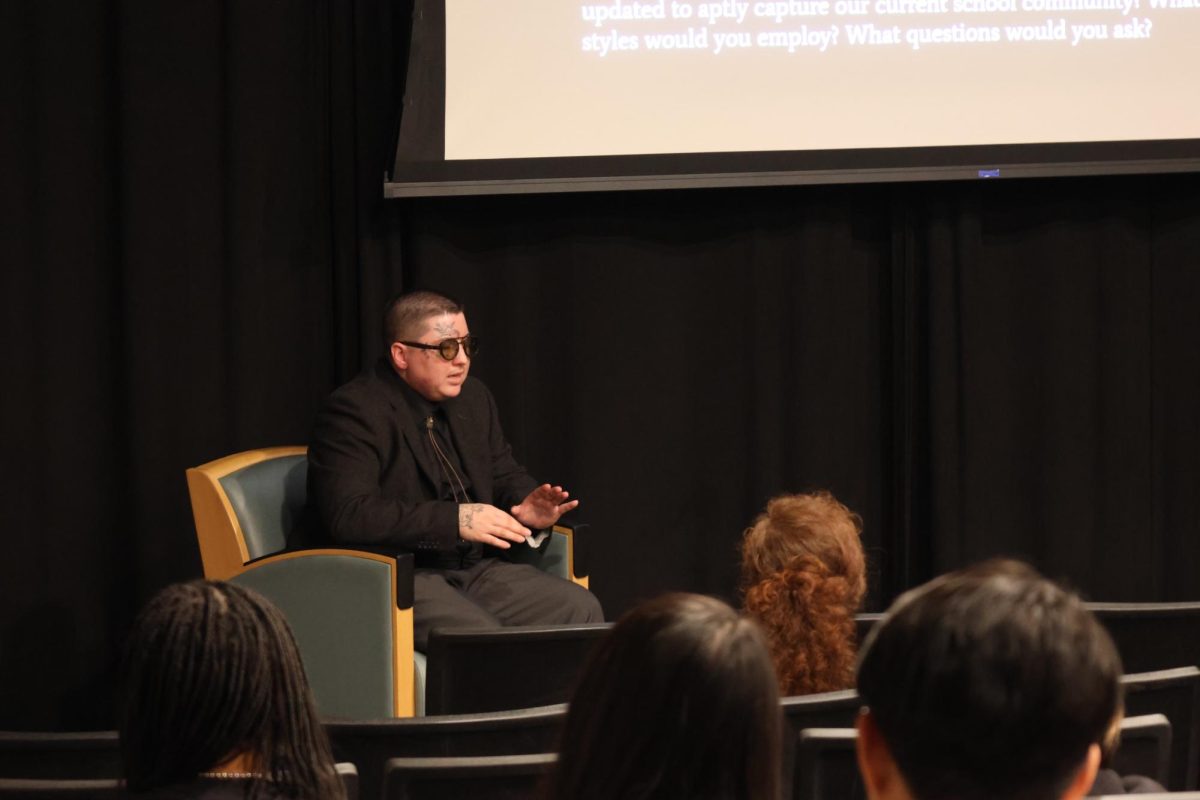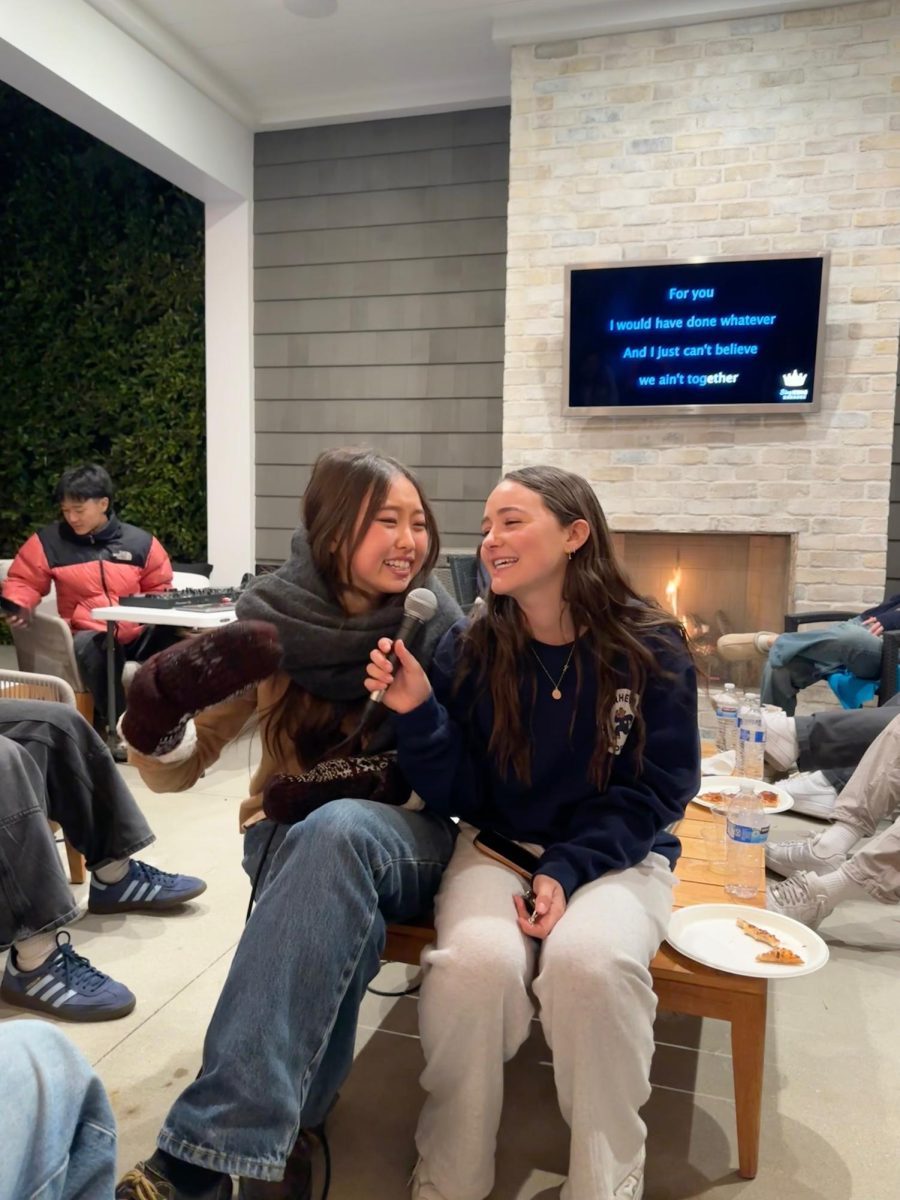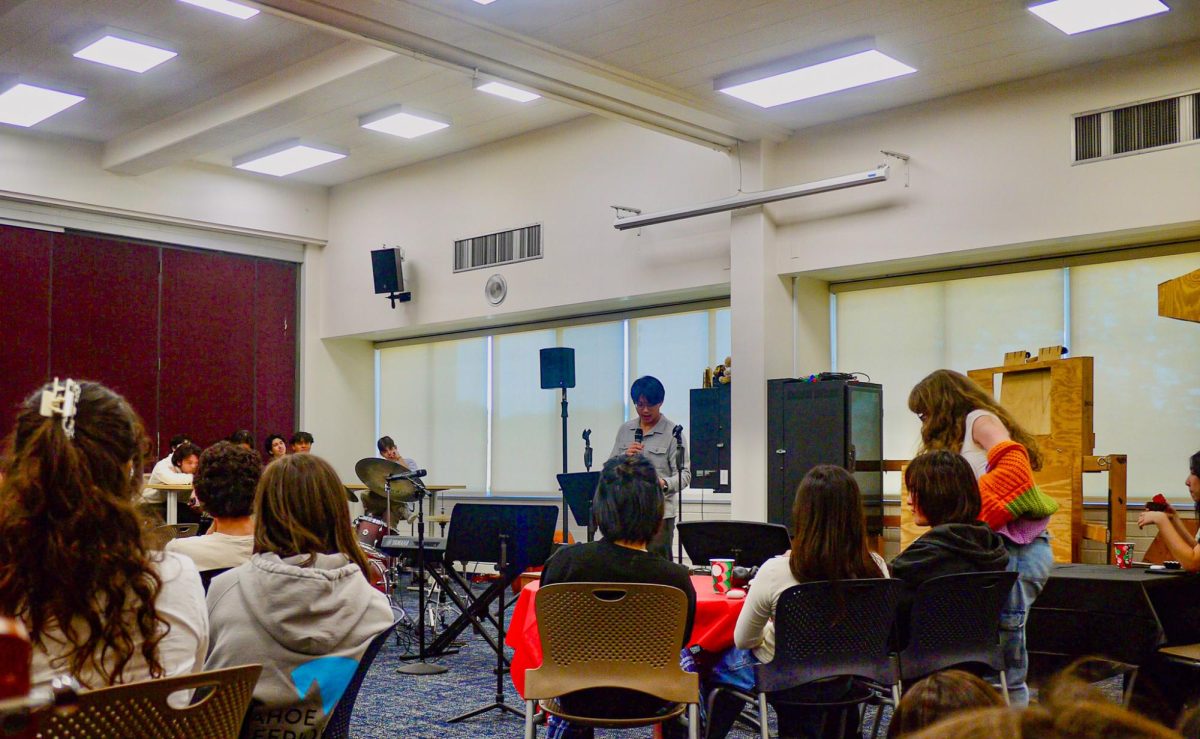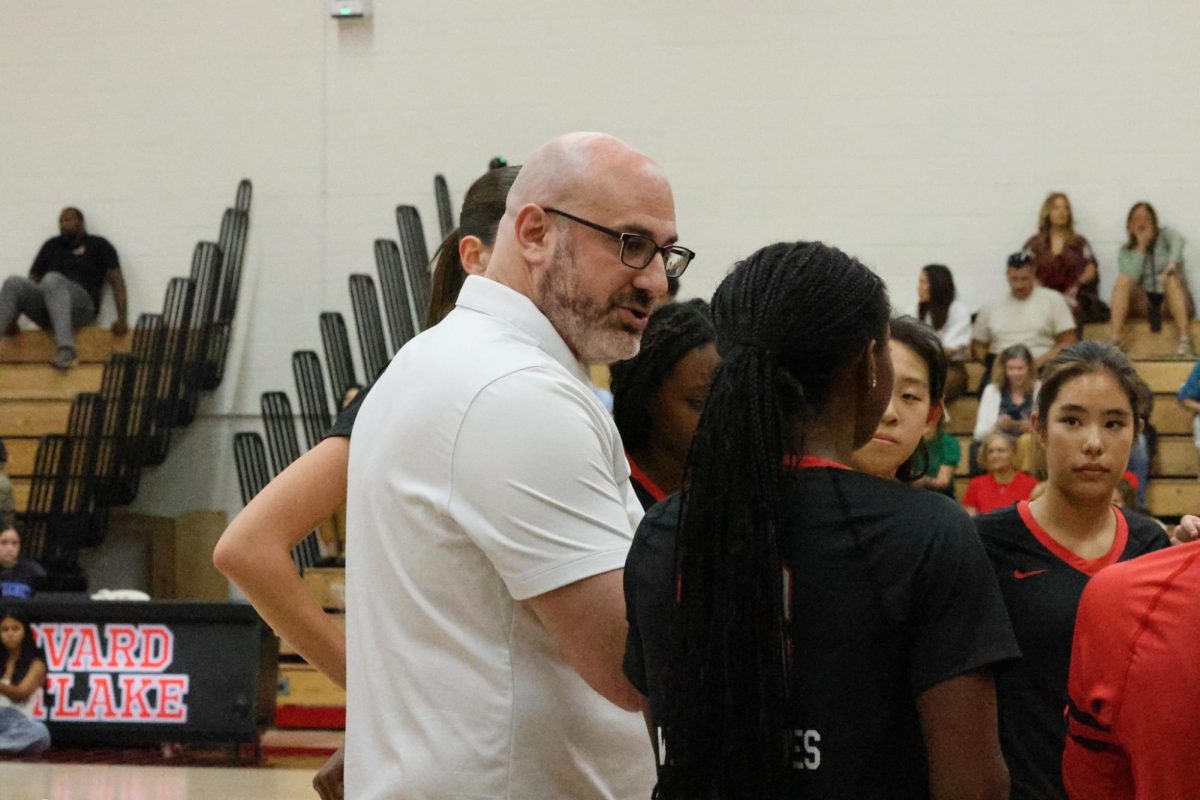[contact-form][contact-field label=”Name” type=”name” required=”true” /][contact-field label=”Email” type=”email” required=”true” /][contact-field label=”Website” type=”url” /][contact-field label=”Message” type=”textarea” /][/contact-form]
Associate Director of Admission Janine Jones (Taylor ’18, Avery ’23) will serve as the official Director of Diversity, Equity and Inclusion after being previously named Interim Director last school year.
Science teacher Nate Cardin will assist Jones as the Coordinator of DEI in addition to being a teacher.
The creation of new positions focusing on diversity follows last year’s school-wide conversation about race and sexuality and the DEI Climate Assessment.
Jones and Cardin are focusing on initiatives to increase hiring of diverse faculty, altering curricula to be more diverse, working with student-run affinity groups and giving faculty the tools to discuss current events in the classroom.
They will also be resources for the community.
“My door is always open,” Jones said. “I think, honestly, that’s the thing that I want students and faculty alike to know. While I’m happy to help through a problem that has arisen, I would love to be engaged and have conversations with students before things become a true problem.”
Jones said that the changes that require the most focus are professional development for faculty and staff and paying more attention to curricla.
Administrators promised to implement these reforms during a meeting with affinity group leaders in February. Jones began preparing strategies to help solve these issues over the summer.
Jones said that she has arranged for faculty conventions this year to serve as opportunities for professional development on DEI issues.
For example, an annual faculty lunch was utilized as a time to train faculty in LGBTQ issues, and the entirety of Professional Growth Day will be devoted to DEI.
At a faculty meeting Tuesday, she held a workshop outlining a framework for which faculty members can discuss current events in the classroom.
“If they are able to present those seven agreements to classes before they engage in a conversation about current events, and if everyone in the class agrees to adhere to them, these conversations can be substantially more productive,” Jones said. “I think a lot of the faculty felt like they wanted a green light to have these conversations and I think [President Rick] Commons is very supportive of faculty members engaging in these conversations if they so choose.”
Commons affirmed that these discussions, although difficult, are necessary.
“Part of her message was how we have to be willing to be uncomfortable in conversations, listen to one another, allow for discomfort and not feel that you’re going to finish a conversation and it’s all going to be fine,” Commons said. “But we still have to be able to have those kinds of conversations.”
In addition to professional development, Jones will work with department chairs to add more diverse viewpoints to their curriculum. The history department rewrote the eighth grade history course for this year to cover a less Eurocentric and more global perspective. Jones said that she and the faculty will continue to discuss revisions that can be made.
While Jones will be focusing her attention on areas of concern regarding DEI, she will also work to further support the areas that the climate assessment identified as strong, such as the work of affinity groups.
“We want students to have ownership of their own groups,” she said. “So we don’t want the adults coming in and saying to the affinity group leaders, ‘This is what you should do’ so it’s really more in a supportive way that I’ll be helping them and hopefully streamlining their processes a little more.”
Cardin, who is a faculty leader of the Gender-Sexuality Awareness Club, will specifically be working to bring affinity group leaders together and meet with the administration regularly. While he acknowledges that his new title will require more hours and energy, Cardin said that he is excited to help propagate positive change on campus.
“I think that there needs to be a lot of consistent work done over time to try to make things better for lots of different populations,” Cardin said. “I’m excited to do that because the more people that have the opportunity for a great education or the more people who are already in our community who maybe don’t feel like they belong, if we can make them feel like they have a place at Harvard-Westlake, that’s what motivates me.”































